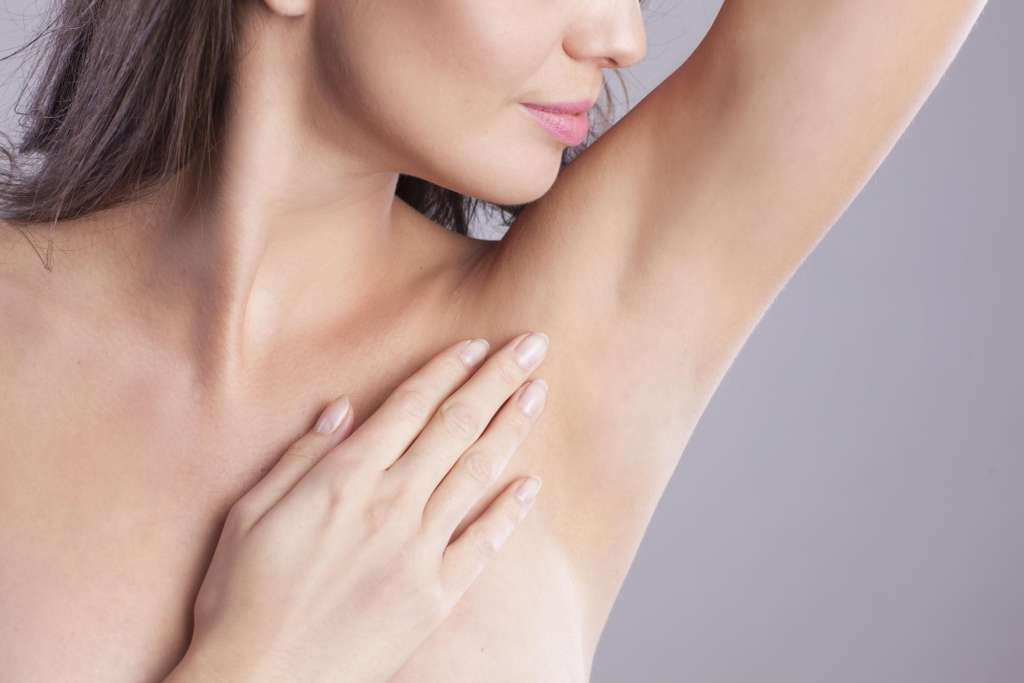Hyperhidrosis: Excessive Sweating
Why do we sweat?
Sweating is one of the body’s means of temperature regulation. There is a center in the brain that regulates body sweating. Factors influencing it include physical activity, fever, obesity, anxiety, stress, alcohol, spicy foods, and certain diseases such as thyroid dysfunctions or diabetes. Anamnesis, clinical examination, and blood tests help eliminate these pathologies. Excessive sweating can also be a sign of a general imbalance in the body or an expression of internal emotionality.
Our body has two types of sweat glands:
Eccrine glands: Distributed over the skin of our entire body but more numerous in the axillary folds, they secrete sweat.
Apocrine glands: Located in the inguinal folds, axillary folds, and genital area, they secrete a sweat responsible for our body odor.
Furthermore, when produced in excessive amounts, sweat can quickly become embarrassing, both for oneself and for one’s immediate environment, due to the odor associated with it. Sweating is a completely natural phenomenon, and its odor is linked to the presence of bacteria (non-pathogenic) on the skin, whose development gives sweat its characteristic smell. Even perfect hygiene does not always solve this problem.
Moist palms can suggest discomfort or lack of confidence, wrongly. Wet armpits or socks can be quite embarrassing… It is estimated that one in a hundred people suffer from these problems.
Excessive sweating is due to an overproduction of sweat by the sweat glands, usually located in the armpits, palms, feet, or face.
What can be done?
For the body in general: wash twice a day and after any sweating, avoid excessive alcohol and spices, avoid overweight, and try to manage stress. Medications (atropine and derivatives) exist, but their side effects hinder their use. For the axillary folds: hair removal, deodorants, and antiperspirants containing aluminum salts are the first means to implement. However, today, some scientific studies question aluminum-based products.
For the hands: iontophoresis can help.
For the feet: baths in a glutaraldehyde solution (10%) are effectively useful but leave a brownish coloration on the immersed areas.
Remember that feet sweat in all situations, but wearing shoes promotes bacterial multiplication, which is the cause of a more persistent odor.
A medical solution exists to treat these patients: these sweat glands can be temporarily paralyzed by small injections of botulinum toxin (BOTOX©, DYSPORT©, VISTABEL©, AZZALURE©). Sweat production then decreases significantly, allowing for real comfort and well-being.

